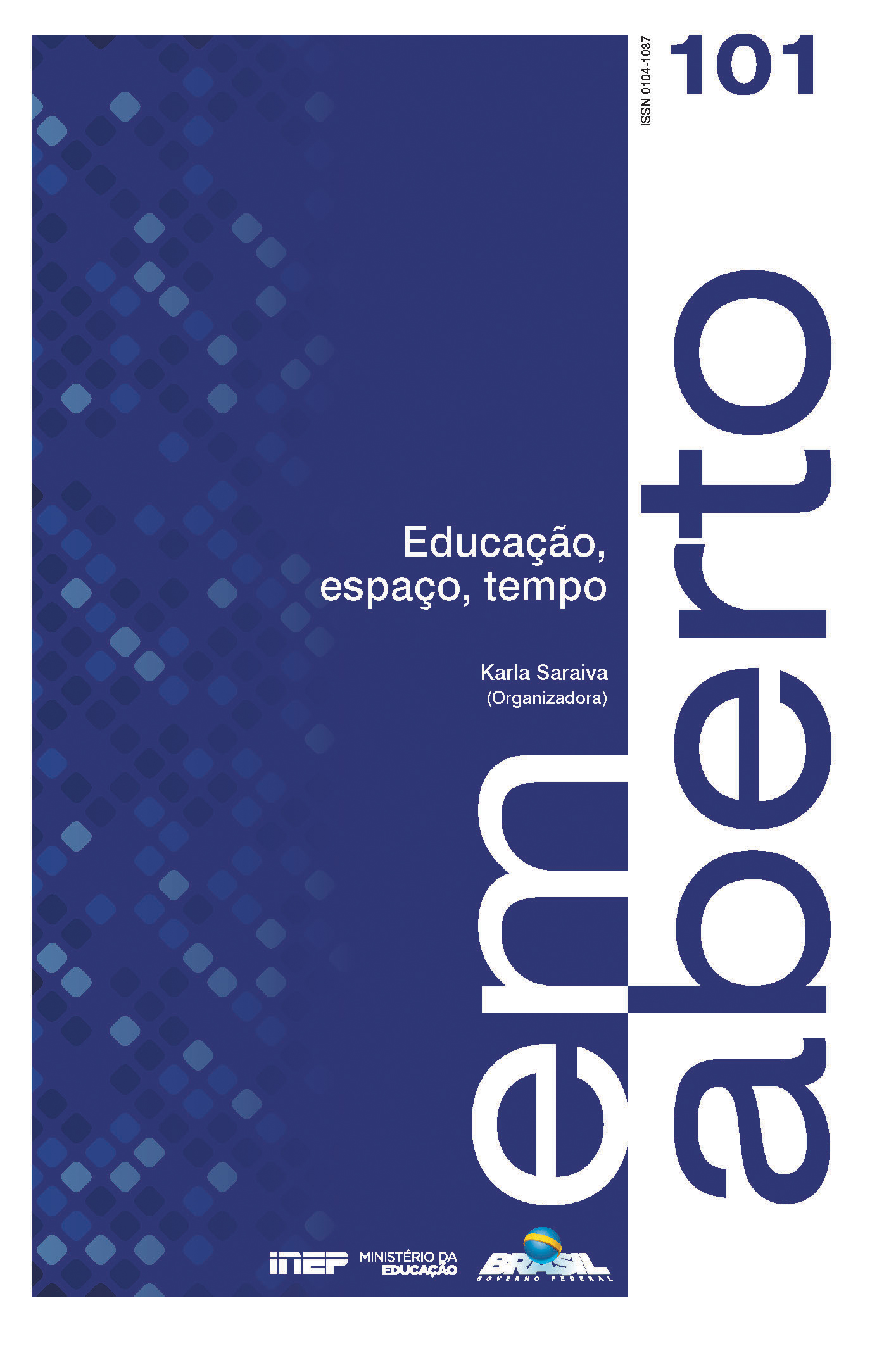A ideia de seminário e o desejo de aprender: das primeiras iniciativas em Halle (1695) à intensidade experimental de Vincennes (1968)
Abstract
No processo de sua emergência histórica, a sequência das ideias e práticas de trabalho que ligaram a missão da universidade à investigação, e já não exclusivamente ao ensino, é apresentada. O conceito de seminário, originado em Halle no século 17, viria a identificar a Universidade de Berlim, em 1810, sendo depois irradiado a partir desse centro. A institucionalização do seminário esteve de facto1 na origem do desenvolvimento de formas de relação pedagógica experimentais e de processos de escrita inovadores nos domínios das humanidades e das ciências sociais, totalmente direcionados para as zonas de fronteira e para o amanhã da ciência. Uma genealogia desse gesto é traçada, detendo-se particularmente sobre o idealismo alemão do século 18 em torno da universidade alemã, e conclui com a experiência de Vincennes Paris-VIII, ligada aos autores do chamado pós-estruturalismo francês. Uma longa formação discursiva reativou a hipótese da criação e da invenção no interior do espaço universitário.Downloads
Download data is not yet available.
Published
09-04-2018
Section
points of view - What do other experts think?
These are the terms of this Copyright Notice:
- I declare that I permanently forfeit in favor of the National Institute of Educational Studies and Research (INEP) all rights related to:
-
- editing, publication, reproduction, and distribution of the work;
- publication through digital and electronic media;
- translation of the work to any language;
- updating, re-printing, adaptation, and compression of the work;
- uploading of work in the publishing platform of INEP;
- divulging complete or parts of work through the World Wide Web (internet), whether in Brazil or foreign countries;
- authorization of third parties to execute any of the acts mentioned before.
- I explicitly declare that I am solely responsible for the opinions expressed in the work, and its publication does not violate the rights of third parties.
- I declare that the nature of said work is one of pro bono publico and, as such, I forfeit the right to any compensation regarding ownership rights granted.
- I authorize spelling and grammatical review of the manuscript, provided that the content and opinions therein remain unchanged.












